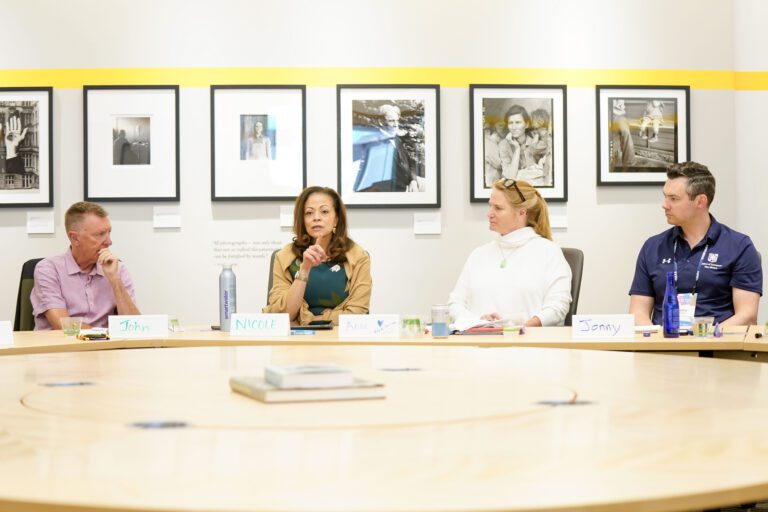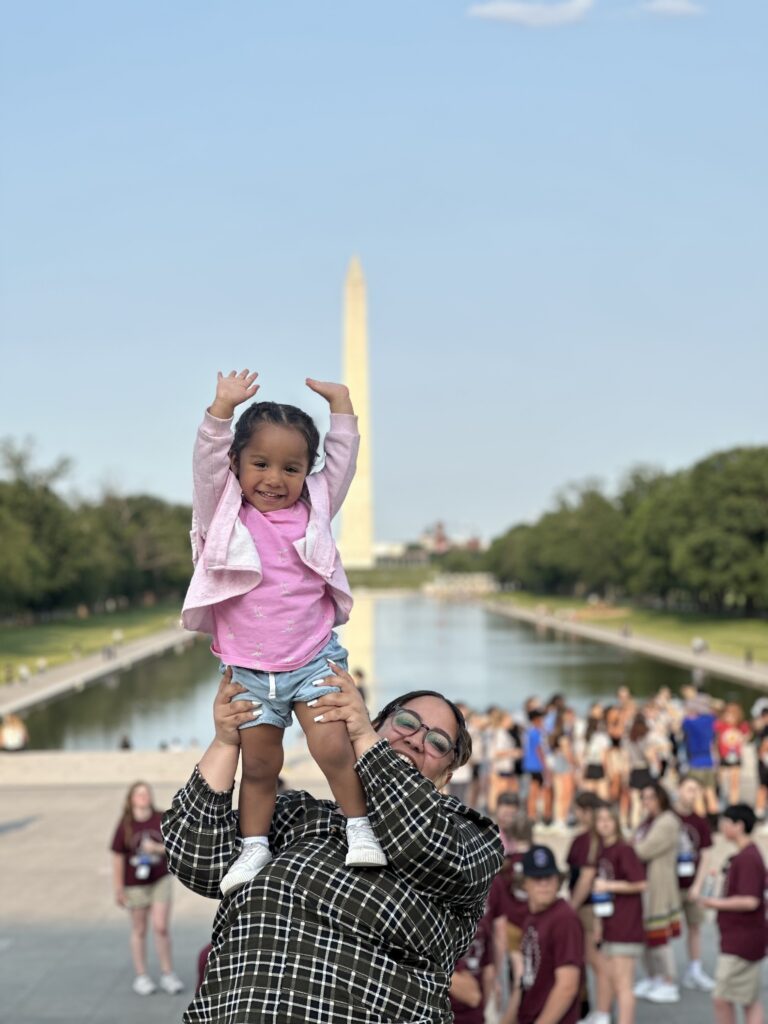NCFL Research: Two-Generation Program Promotes Meaningful Parent Engagement, Academic Achievement

Numerous studies over the past two decades show that parents’ educational attainment and their involvement in their child’s education leads to greater academic success for that child. Now, there is new research that shows how educational opportunities can impact children and adults simultaneously in many ways. The National Center for Families Learning (NCFL) recently released research showing that two- generation learning can increase student achievement, expand parent engagement, improve adult reading behaviors and prepare parents to help their children with school.
The findings were the result of a review and synthesis of more than three years of data research reports for the Toyota Family Literacy Program (TFLP) in seven selected communities.* TFLP, which started in 2003 and was implemented in 30 cities, was the first national family literacy program created to address the literacy needs of Hispanic and immigrant families with children in kindergarten through third grade.
These programs are laboratories of learning – not just for the families they serve but for the entire country. Each program provides a model of how to successfully engage parents, many of whom have low literacy and language skills, in their children’s education. The research demonstrates that two-generation family learning promotes meaningful parent engagement and academic achievement for children:
Student achievement increased
· Children of TFLP parents outperformed a comparison group of children on multiple assessments, including state instruments, language acquisition, developmental reading and school reporting systems.
· 91 percent of parents said their child’s grades improved after being involved in Parent and Child Together (PACT) Time®.
· TFLP narrowed the achievement gap among African Americans, Latino/Hispanic Americans, and their white and Asian American counterparts.
Parent engagement expanded
· All principals in TFLP schools reported the greatest benefit of family literacy is parents’ increased support of their children’s education.
· Parents were more likely to participate in conferences with teachers, come to school events and attend afterschool programs.
· Parents increased the quantity and quality of their involvement in their child’s prekindergarten through third grade experiences.
· Parental engagement in family literacy promotes student achievement, appropriate behaviors and regular attendance.
Adult reading behaviors improved, – and parents were better equipped to help their children learn
· Adult reading behaviors increased, and parents showed greater use of English in the home. In particular, large increases were seen for those parents who said they “did not read at all” or they “only read in their home language” at the beginning of the year.
· TFLP had a tremendous influence on participating parents’ beliefs that they were capable of helping their children in education through:
o Being more involved in their children’s learning;
o Being better able to help their children with homework; and
o Having a better understanding of their child’s curriculum.
These real-world laboratories of learning demonstrate that families, schools and communities must include intergenerational learning as a key component in education strategies.
*The program communities included in the research synthesis compiled by Dr. Jeri Levesque were Denver; Los Angeles; Long Beach, Calif.; Mesa, Ariz.; Miami; Shelby County, Ala.; and Springdale, Ark.
Sharon Darling is president & founder of the National Center for Families Learning (formerly the National Center for Family Literacy), a national nonprofit organization dedicated to helping adults and children learn together. NCFL creates and deploys innovative programs and strategies that support learning, literacy and family engagement in education. From the classroom to the community to the digital frontier, NCFL collaborates with educators, advocates and policy-makers to help families construct hotspots for learning wherever they go. For more information on NCFL’s 24-year track record, visit www.familieslearning.org.
Related Posts



